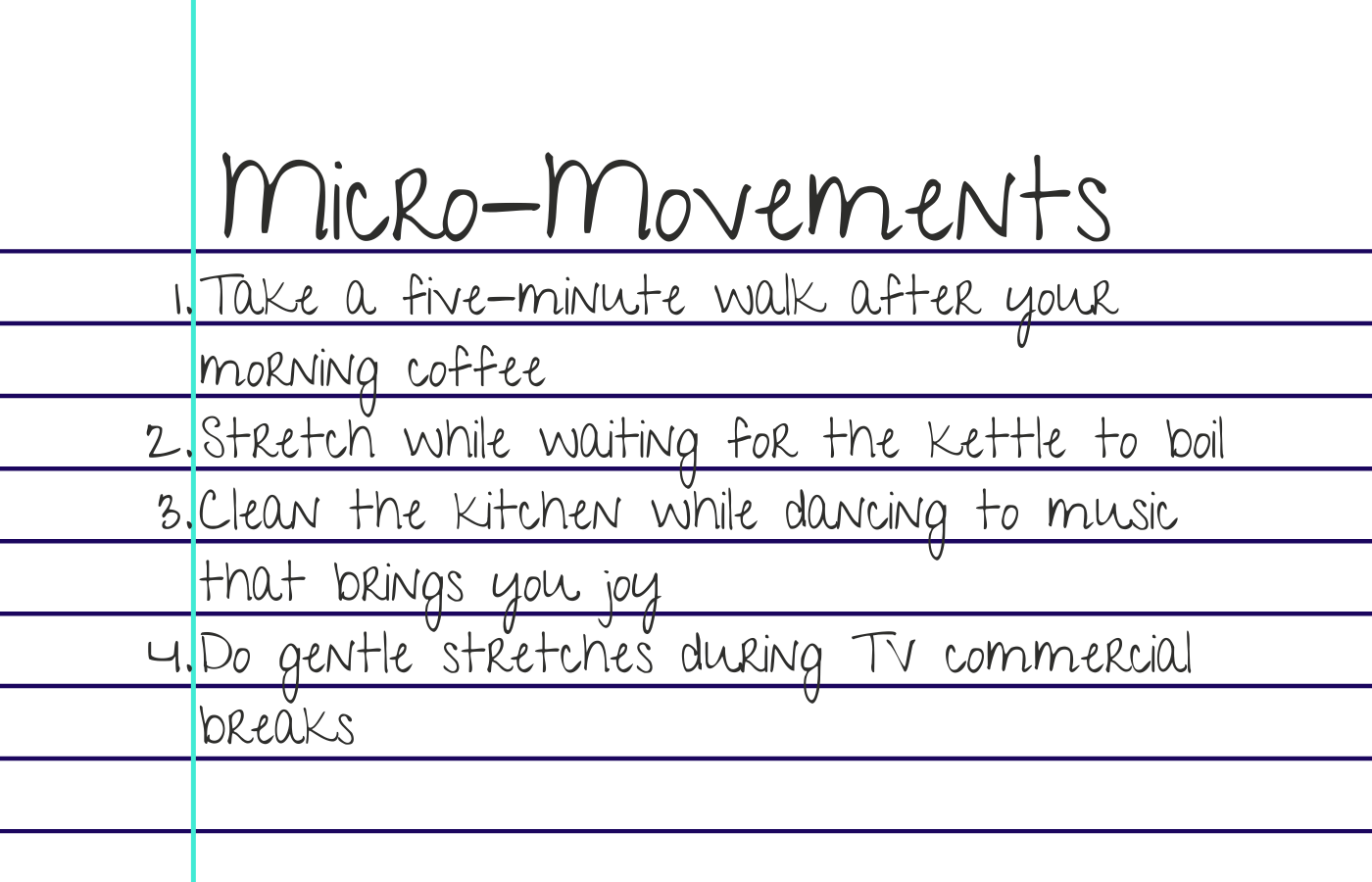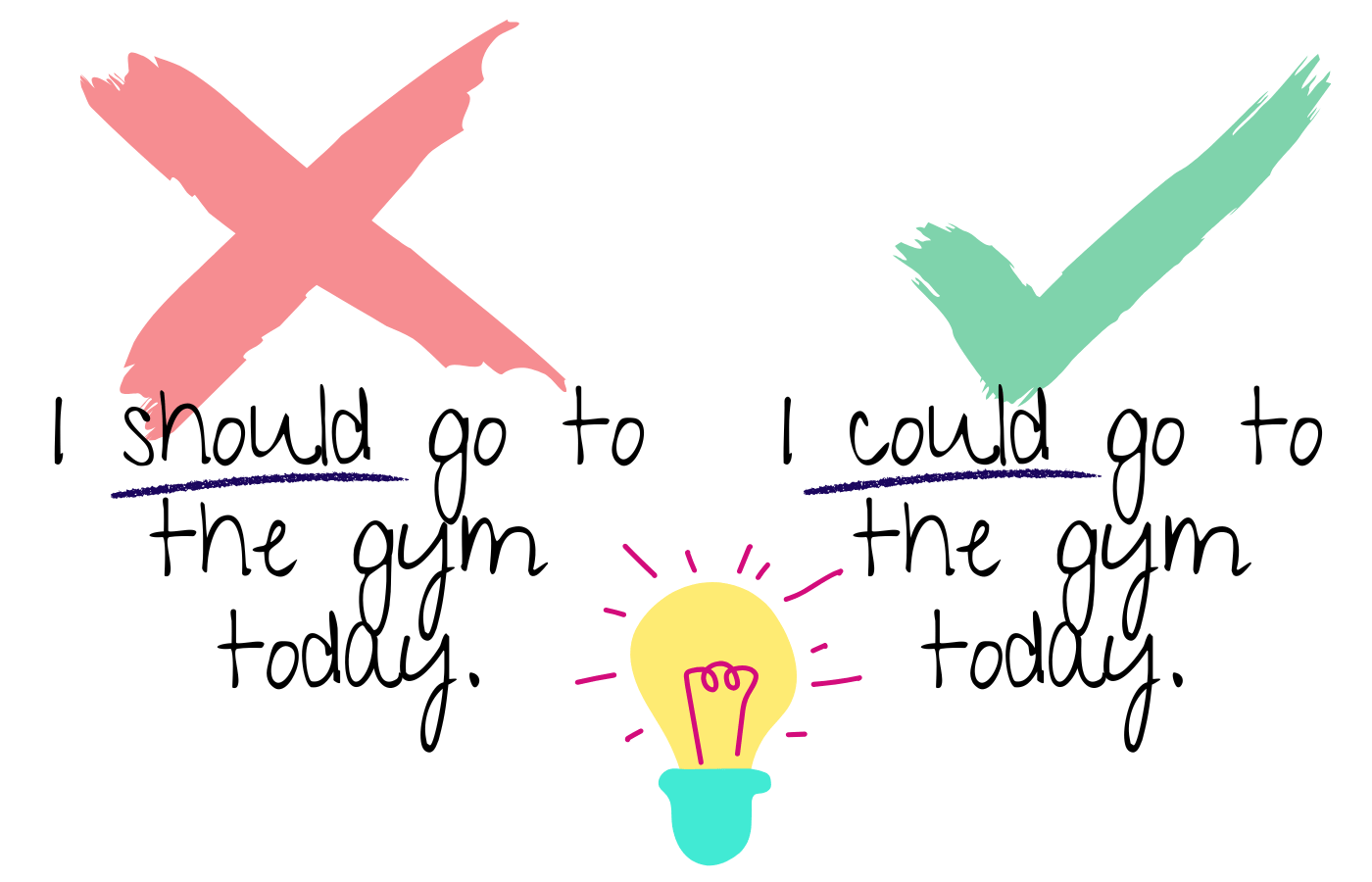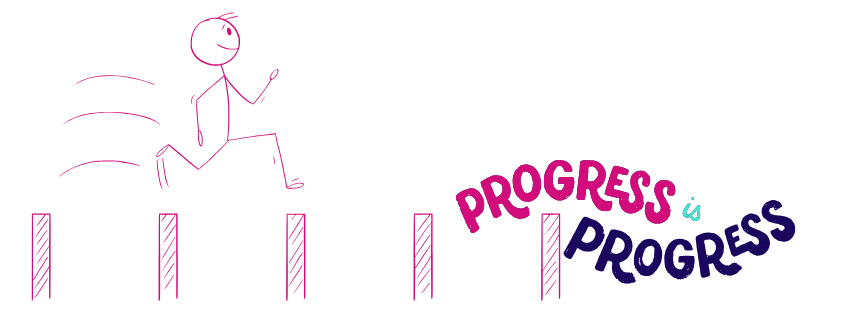Episode 8 Show Notes
What You'll Learn
Why traditional "push through it" fitness advice fails neurodivergent people during burnout
How to recognise when your mental health is affecting your fitness journey
Practical micro-movement strategies to rebuild your relationship with fitness
Why rest isn't quitting—it's actually rebuilding
The Neurodivergent Perspective
For neurodivergent individuals, burnout isn't just physical fatigue—it's a complex intersection of mental, emotional, and physical exhaustion that requires a fundamentally different approach to recovery. When traditional fitness culture tells us to "just show up anyway," it fails to recognise how our unique nervous systems process stress and recovery.
The Burnout Cycle Nobody Talks About
Have you ever been in your "gym girl era," tracking everything, seeing progress, receiving compliments—and suddenly found yourself completely unable to continue? You're not alone.
Physical fitness and mental wellbeing are deeply interconnected, especially for neurodivergent individuals. When one begins to decline, the other often follows, creating a downward spiral that can be incredibly difficult to escape.
In this episode, I opened up about my own experience with fitness burnout. On the surface, I appeared to be thriving, people at the gym would compliment my progress and call me an inspiration. But underneath that, I was breaking; my mental health was deteriorating, and the first sign was changes in my eating patterns. Not because I was hungry, but as a coping mechanism for emotional regulation.
When Your Body Stops Trusting You
One of the most painful aspects of fitness burnout for neurodivergent people is the betrayal of trust between you and your body. After pushing through exhaustion, ignoring sensory needs, or maintaining unsustainable routines, your body simply stops cooperating.
"When you've burned out hard, your body doesn't trust you. And it's hard to rebuild this trust."This broken trust manifests differently for everyone. For some, it's chronic fatigue. For others, it's sensory aversions to gym environments. For many, it's a complex emotional response; anxiety, shame, and a sense of not belonging in fitness spaces anymore.
Breaking the All-or-Nothing Cycle
The typical fitness industry perpetuates an all-or-nothing mentality that's particularly harmful for neurodivergent individuals. We often excel at intense focus and commitment—until we don't. And then the collapse feels total.
A healthier approach recognses that:
Rest isn't failure - It's actually an essential part of rebuilding
Your worth isn't tied to your productivity or fitness level
One missed workout isn't a slippery slope to disaster
Recovery includes mental and emotional dimensions, not just physical ones
Micro-Movements: The Bridge Back to Fitness
When you're rebuilding after burnout, traditional workout advice doesn't apply. Instead, consider these micro-movements that honor where you are right now:
These might seem small compared to your previous workout routine, but they're actually huge victories when recovering from burnout. They help rebuild the trust between your mind and body without triggering the shame spiral.
The Language Shift: From "Should" to "Could"
One simple but powerful change I'm implementing in my own recovery is shifting from "should" language to "could" language.
Instead of "I should go to the gym today," try "I could go to the gym today." This small adjustment removes the pressure and judgment, making movement a choice rather than an obligation. It helps restore agency when burnout has made you feel powerless.
When movement becomes a choice again rather than a demand, it transforms from punishment back into self-care.
Moving Forward: Rest Your Way Back
If you're in what I call "the messy middle" right now, where you’re burnt out, overwhelmed, and disconnected from your body, please know that this state is not permanent. You are not alone in this experience.
The path forward isn't about hustling harder or forcing yourself back to your previous routine. Rather, it's about:
Listening to your body with compassion
Celebrating the smallest movements
Finding joy in gentle movement rather than punishment
Building a sustainable relationship with fitness that works for you
As I mentioned in the episode, "You do not have to hustle your way back. You can rest your way back." This goes against nearly everything mainstream fitness culture teaches us, but it's a vital truth for neurodivergent individuals.
Join Our Community
If this episode resonated with you, I invite you to join our Not So Typical Fitness community on Heartbeat. It's a space created specifically for neurodivergent people and anyone who needs a different approach to fitness—one that honors mental health, sensory needs, and individual differences.
We share both victories and challenges, supporting each other in ways that work for our unique brains and bodies.
Resources Mentioned
Mad About Money podcast collaboration episode
Executive Functioning Episode of the Not So Typical Fitness Podcast







